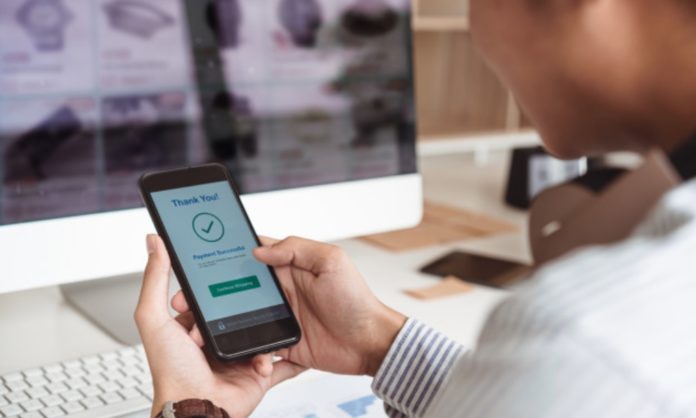Pakistan is among the few nations in the world where cash usage has always been extremely high. While the Government and the State Bank of Pakistan have made multiple efforts to increase financial inclusion over the last decade, even today, less than 30 million of 120 million adults in the country have bank accounts.
However, the COVID-19 pandemic has been a watershed moment in driving the adoption of everything digital in Pakistan. Last year, we have witnessed a remarkable change in customer behaviour and their adoption of digital services, including digital payment wallets. Even though e-commerce, digital payments, food ordering, and grocery delivery services have been around for a few years, it actually took a terrible pandemic like COVID-19 to really change customer perceptions of these digital services from a ‘good to have’ to a ‘must have’.
According to the State Bank of Pakistan, registered mobile banking customers with commercial banks have increased from 5 million in Q3 of 2019 to 8.2 million by Q3 2020. Mobile Wallets offered by Branchless Banking players too have even more tremendous growth and there were more than 20 million 30-day active wallet customers by the end of 2020. With more than 50 million smartphones in the country and growing, the opportunity to acquire millions of more customers towards formal financial services through mobile wallets is still immense.
Take the example of Easypaisa, the country’s first digital banking service. With an active customer base of nearly 8 million users, the Easypaisa App has become the most downloaded and used Pakistani App on the Android Playstore and iOS App Store, offering more than 200 payment options. With instant account opening across all Telco network SIMs, connectivity with 1-Link for sending and receiving IBFT funds and more than 75,000 Easypaisa shops across Pakistan to help with cash deposits and withdrawals, Easypaisa has become a household name synonymous with digital financial services. Similarly, other players such as Upaisa, Jazzcash, HBL Konnect, and others are also making efforts and convenience remains the main reason why mobile payment wallets have become game-changers for financial inclusion.
The Government and the State Bank of Pakistan are supporting this dynamic industry with various initiatives like Digital Banking Regulations, Digital Account Opening, and the Raast scheme that will provide newer, faster rails for funds movement and settlement between licensed financial institutions. With newer regulations and platforms being deployed and multiple new fintech players entering the market, the coming years will be most exciting to see how technology is deployed to serve Pakistanis with new financial services.
The biggest challenge to financial inclusion remains that the majority of adults in Pakistan still don’t use Bank Accounts or Mobile Wallets; they only have and they only use cash. Incentives like tax benefits are needed to get these people to leave cash and move towards digital payments while steps must be taken to promote the digitizing of physical cash across the country.
At the same time, disincentives need to be placed on the easy conversion of digital funds into physical cash as well. The Government can also play an excellent role in completely digitizing all government payments (national and provincial) by the end of 2021 and accepting no cash payments onwards. These steps would really help accelerate the financial inclusion for the masses in Pakistan.
Omar Moeen Malik,
Head of Digital Payments & Wallets,
Easypaisa / Telenor Microfinance Bank






































